On the occasion of the centenary of the birth of Lisetta Carmi (Genoa, 1924 - Cisternino, 2022), Palazzo Ducale in Genoa honors the Genoese artist and photographer with an exhibition running from Oct. 23, 2024 to March 30, 2025 entitled LISETTA CARMI Very Close, Incredibly Far Away. The exhibition is curated by Giovanni Battista Martini and Ilaria Bonacossa and is sponsored by Palazzo Ducale Fondazione per la Cultura and Civita Mostre e Musei. Throughout his career, Carmi has chosen unconventional paths, dedicating himself to giving voice to the marginalized. His work, which starts in Genoa and extends to international realities, recounts changing worlds with a keen and attentive gaze, placing unpublished color images alongside his celebrated black-and-white series. In the 1960s, photography became Carmi’s daily profession in Genoa. Working as a stage photographer at the Teatro Stabile, she developed and printed images for newspapers immediately after performances, then delivered them at dawn. This also began her extensive travels, which, in the two decades she devoted to photography, took her to places such as Venezuela, India and Afghanistan. Through her lens, Carmi explores the human condition, alternating black and white with the expressive power of color, always in search of truth.
Genoa itself emerges in his images, particularly in the famous photographs of the port and Italsider, not forgetting the unseen scenes from the Anagrafe or the social and cultural life of the city. Among the works on display are photographs from the series The Transvestites of the 1960s, published in 1972 in a book that caused a scandal at the time but is now considered a milestone in the history of photography. The images will be compared with their color versions, rediscovered only in 2017, as well as with the previously unpublished color series Erotismo e autoritarismo a Staglieno, in which the monumental Genoese cemetery becomes a portrait of the contradictions of the 19th-century bourgeoisie, between formal celebrations and unexpected sensuality in the funerary monuments. After recent exhibitions in Turin, Florence and London, Genoa, the artist’s hometown, pays homage to her with a new perspective, confirming her central role in the history of postwar photography. The exhibition, conceived by the Drama Y Comedias studio, goes beyond a simple photographic exhibition and presents itself as a true contemporary art experience. Focusing on the concept of the wall, the itinerary invites reflection on its functions of division and connection and stimulates a dialogue between the images and the surrounding space. A catalog published by Silvana Editoriale accompanies the exhibition.
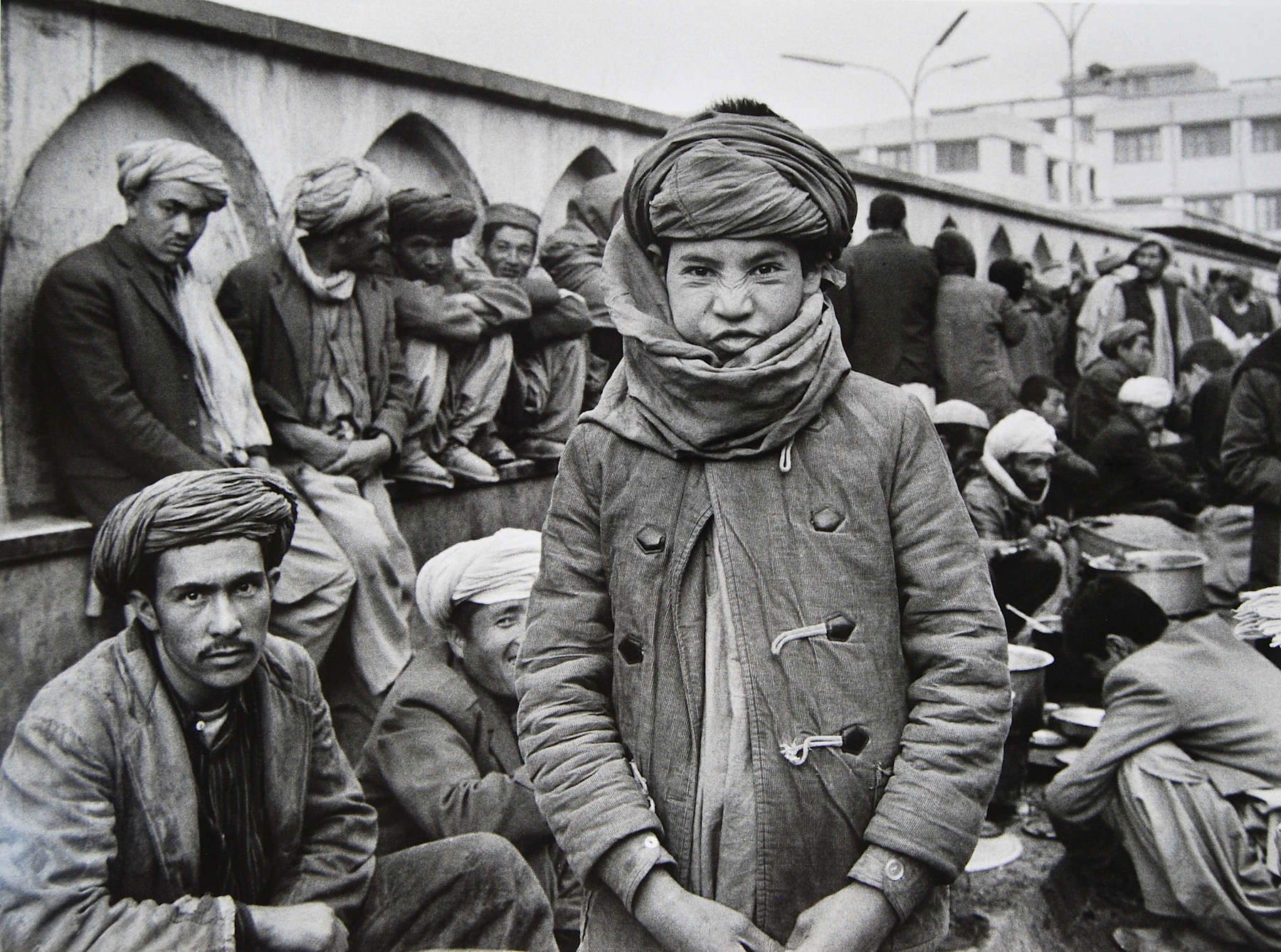
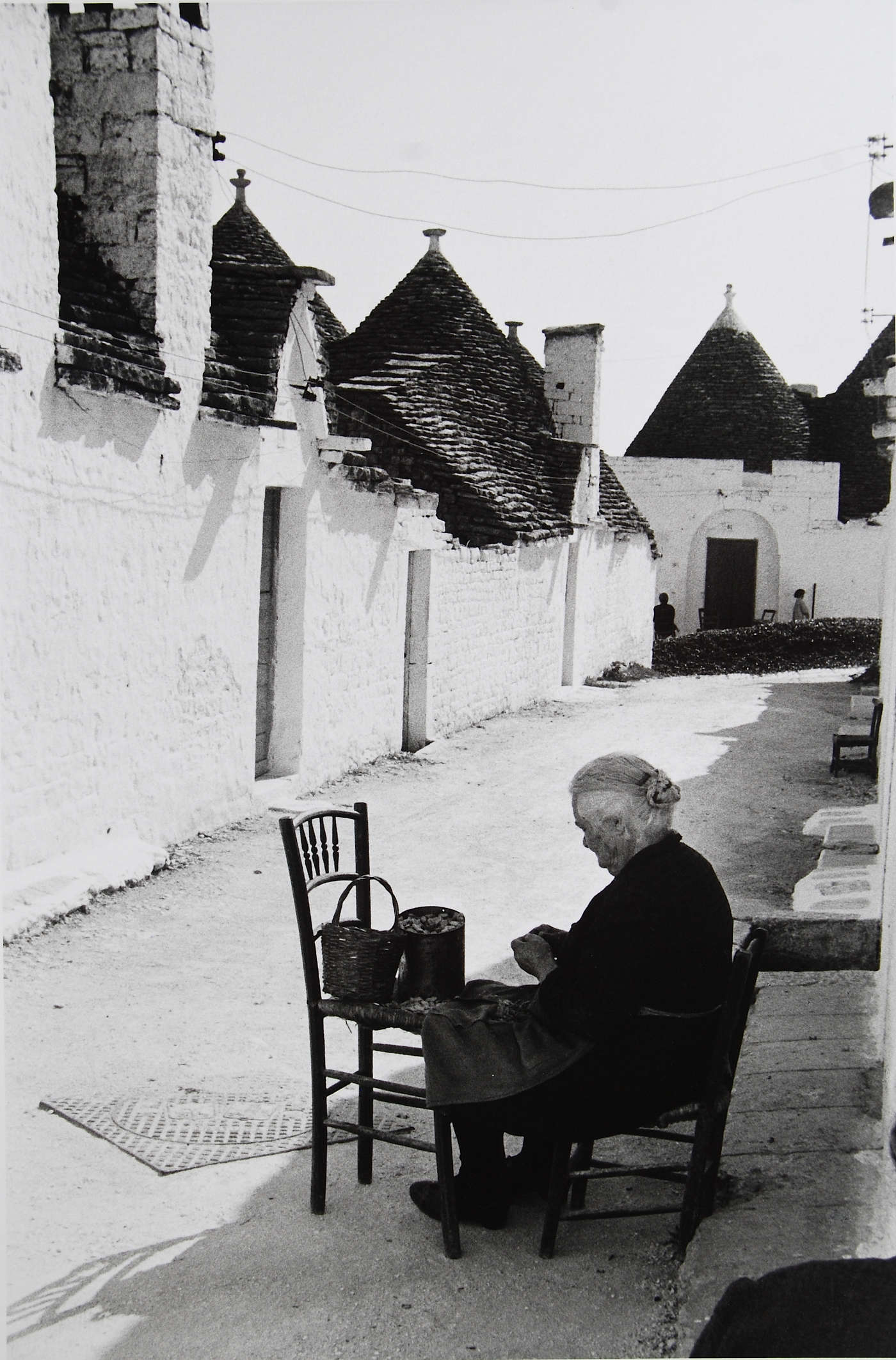
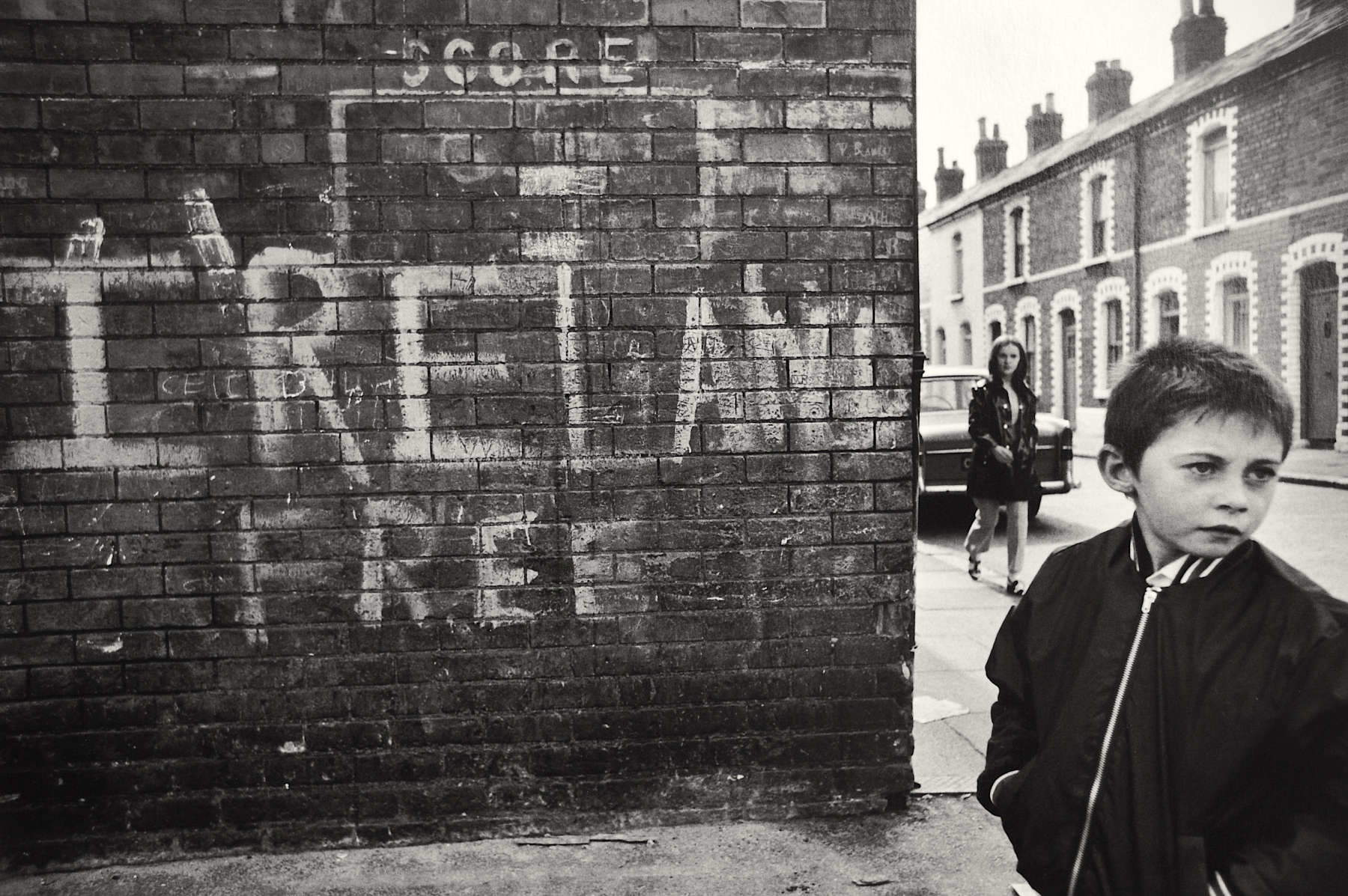
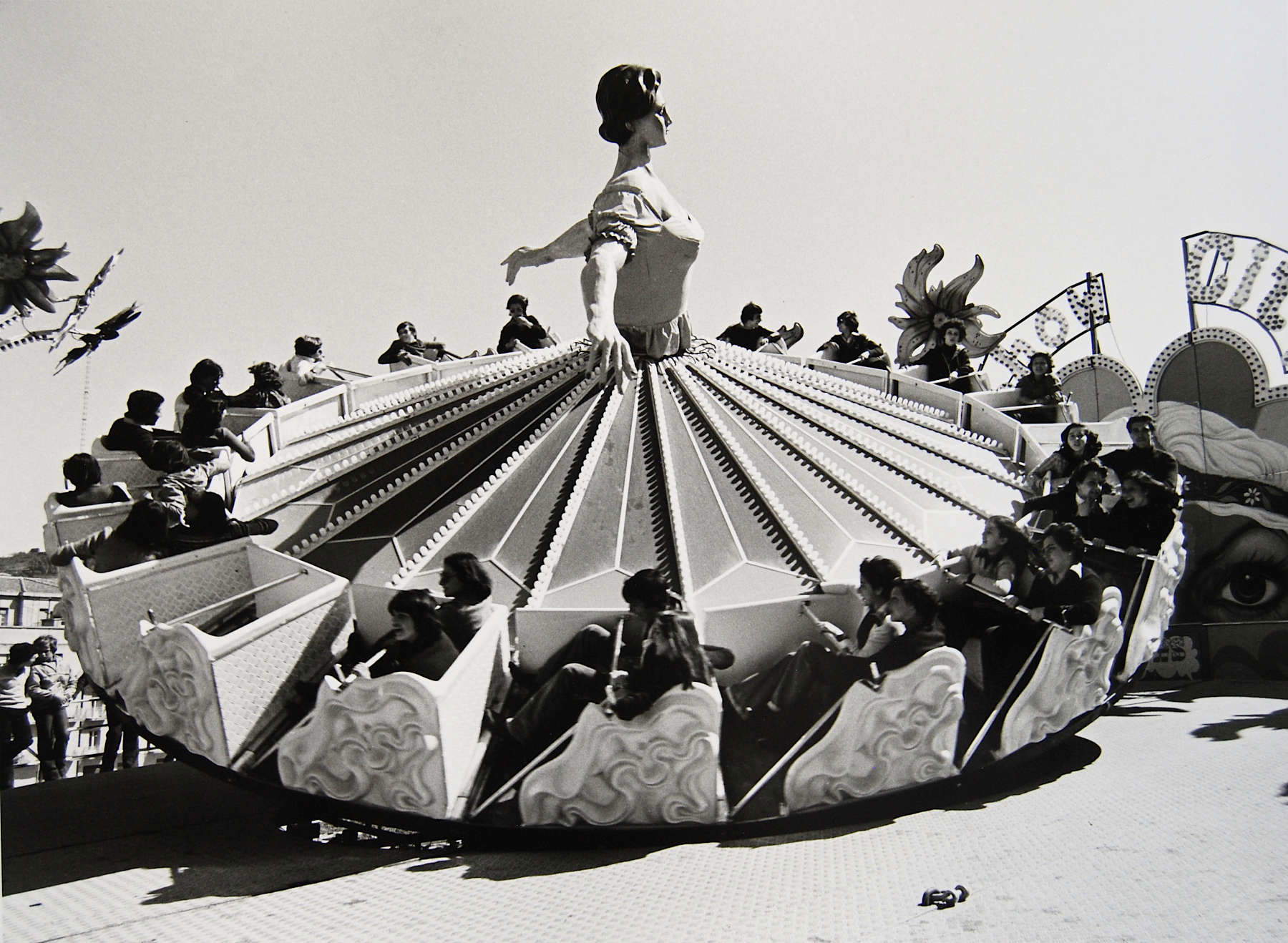
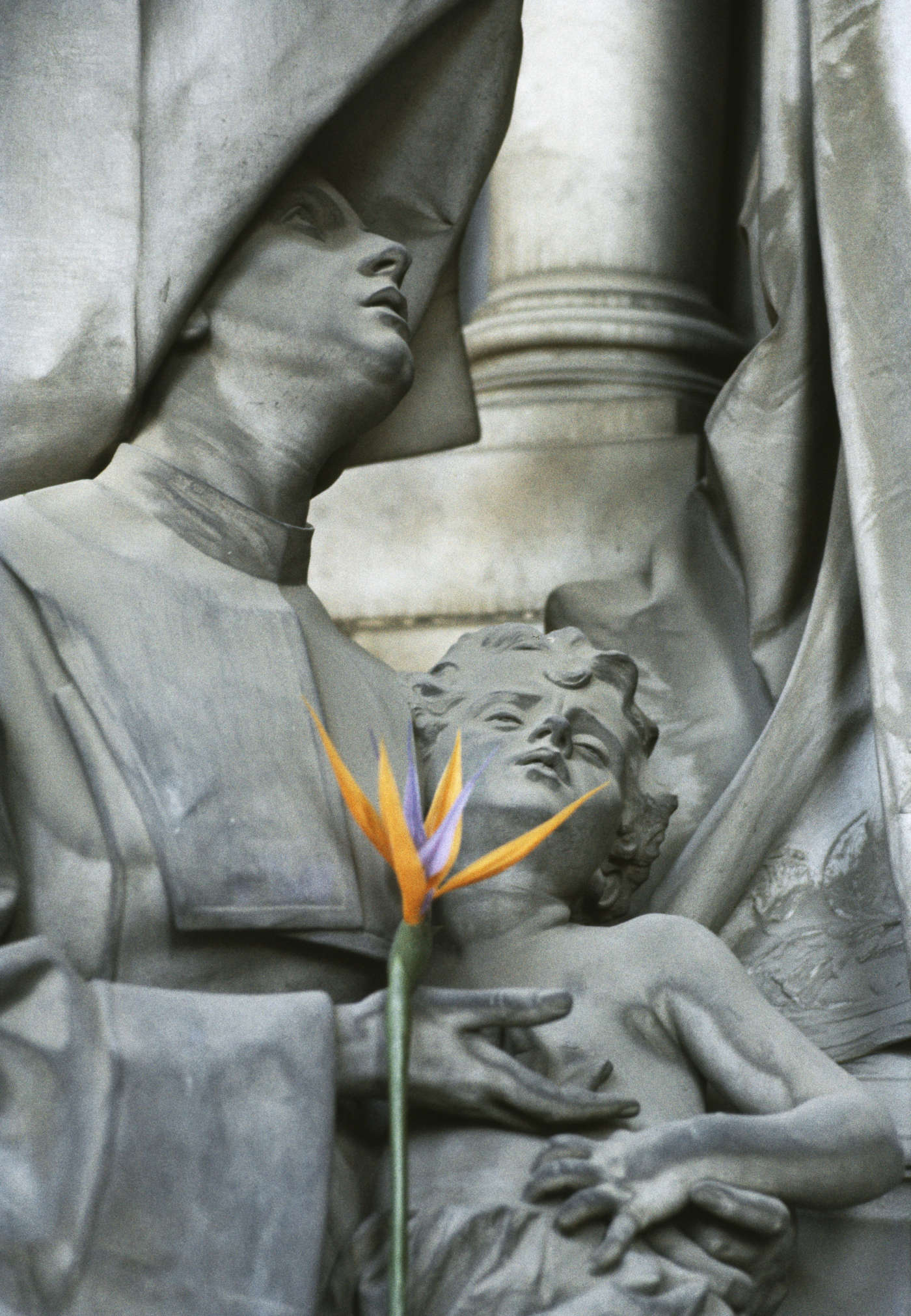
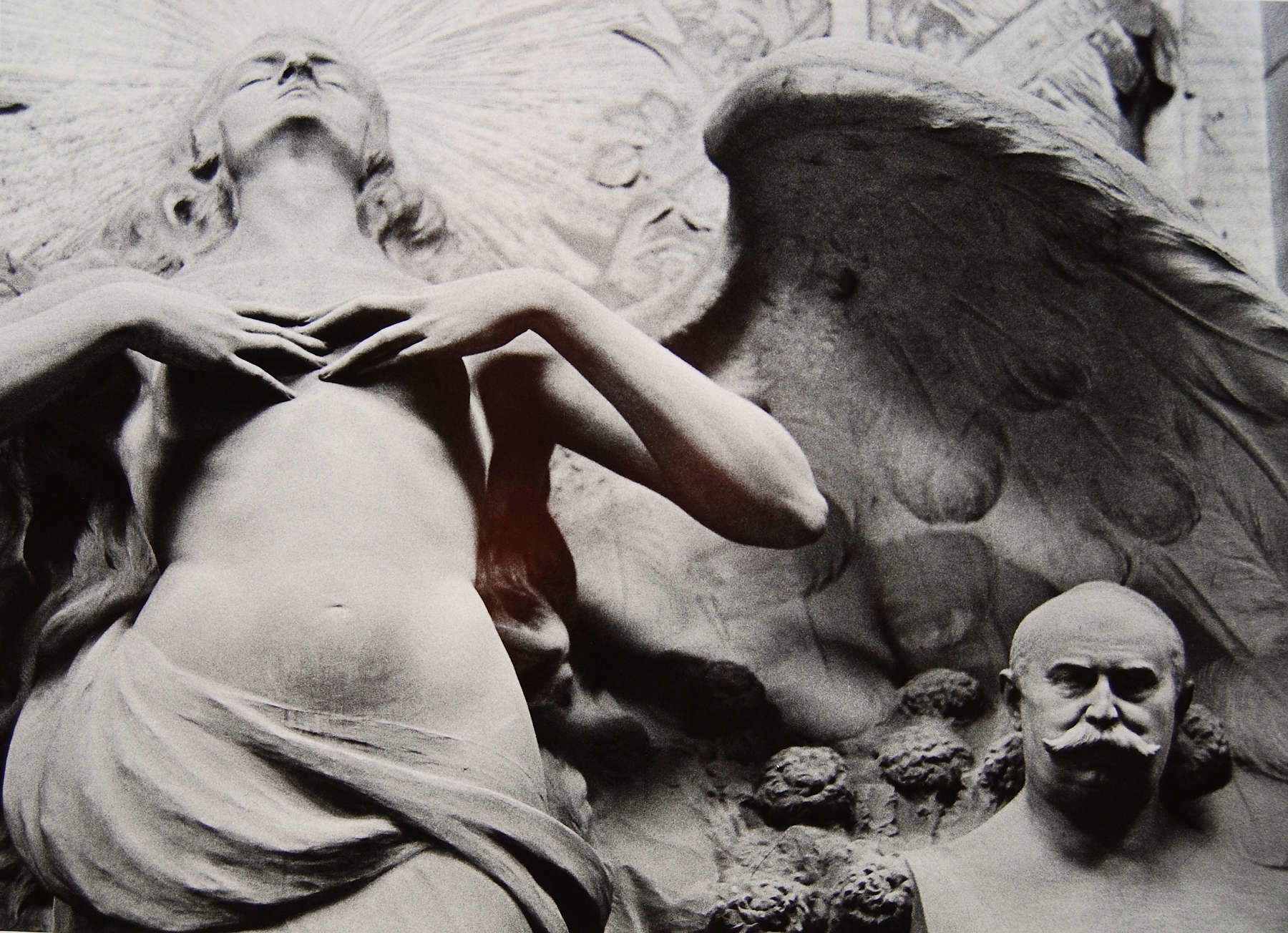
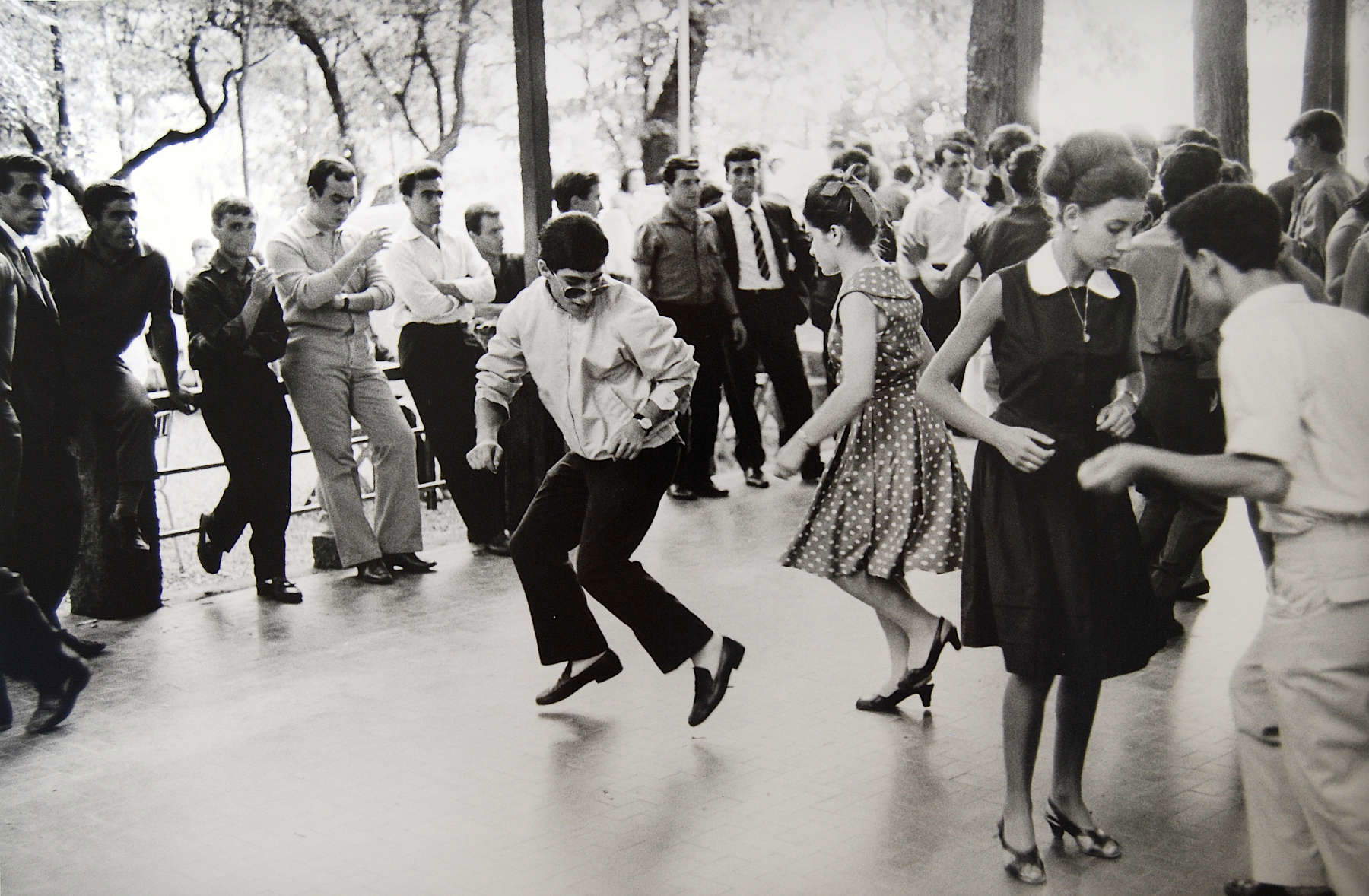
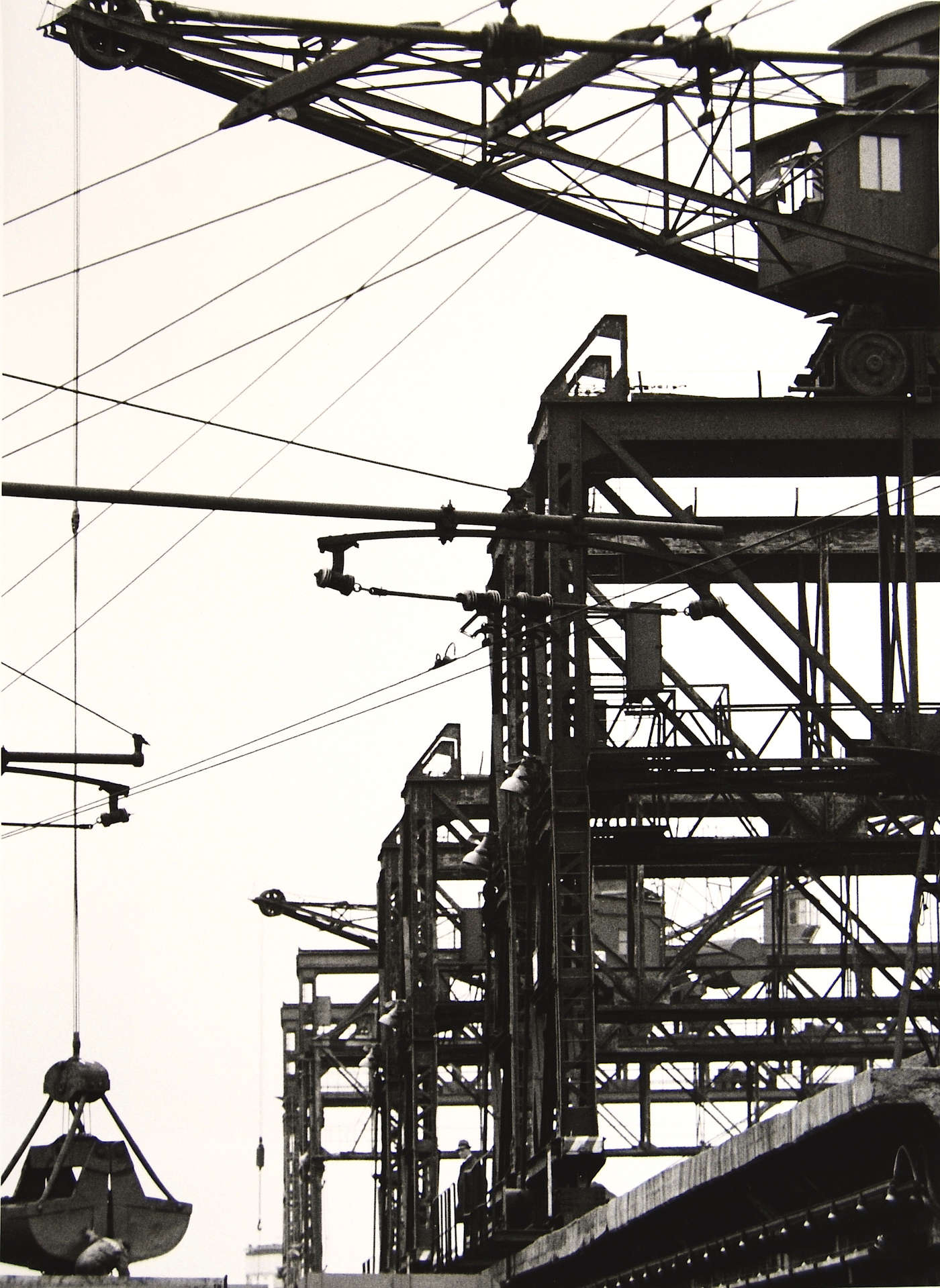
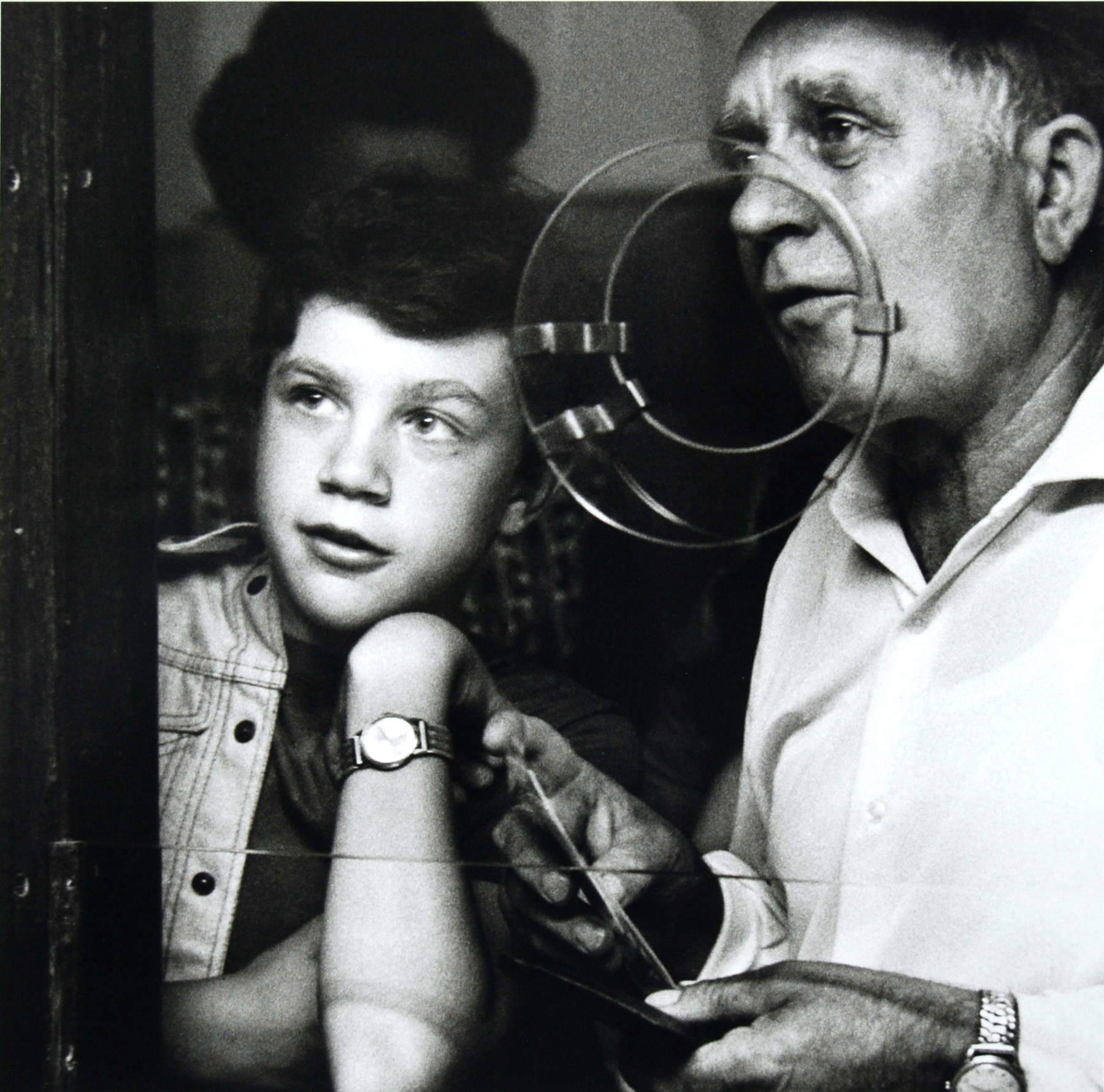
“With this exhibition,” recalls the president of Palazzo Ducale Fondazione per la Cultura, Giuseppe Costa, “we continue our ’tale’ of the 20th century through the protagonists of photography. We have already hosted a review on Lisetta Carmi in the past: in this exhibition itinerary, the public will have the opportunity to delve into the many facets of an extraordinary personality who made freedom her intellectual signature.”
“The exhibition to commemorate the centenary of Lisetta Carmi’s birth,” says curator Giovanni Battista Martini, “wants to emphasize the deep bond with Genoa, her city, where she worked as a photographer for some 20 years: from here she always left on her own for her world travels. The photographs on display tell us about her love and understanding of human beings and her desire to understand, as a free person, reality without prejudice. In dialogue with the black-and-white photographs, the mostly unpublished color images show a different approach to her photographic research. The attention to the physicality of the subjects expands into poetic reflections, without ever losing the political bearing and the power, proper to the photographic medium, to act on our consciences.”
“It is not surprising that, with a delay of almost twenty years,” stresses the curator of the exhibition and director of Palazzo Ducale Fondazione per la Cultura, Ilaria Bonacossa, “Lisetta Carmi is today at the center of an unstoppable ’rediscovery’ by the contemporary art world and is rightly considered one of the most important photographers of the late twentieth century. Recent attention to her work, presented in important museums and foundations, is linked to a renewed interest in the issues of gender and inclusion that characterize contemporary cultural debate.”
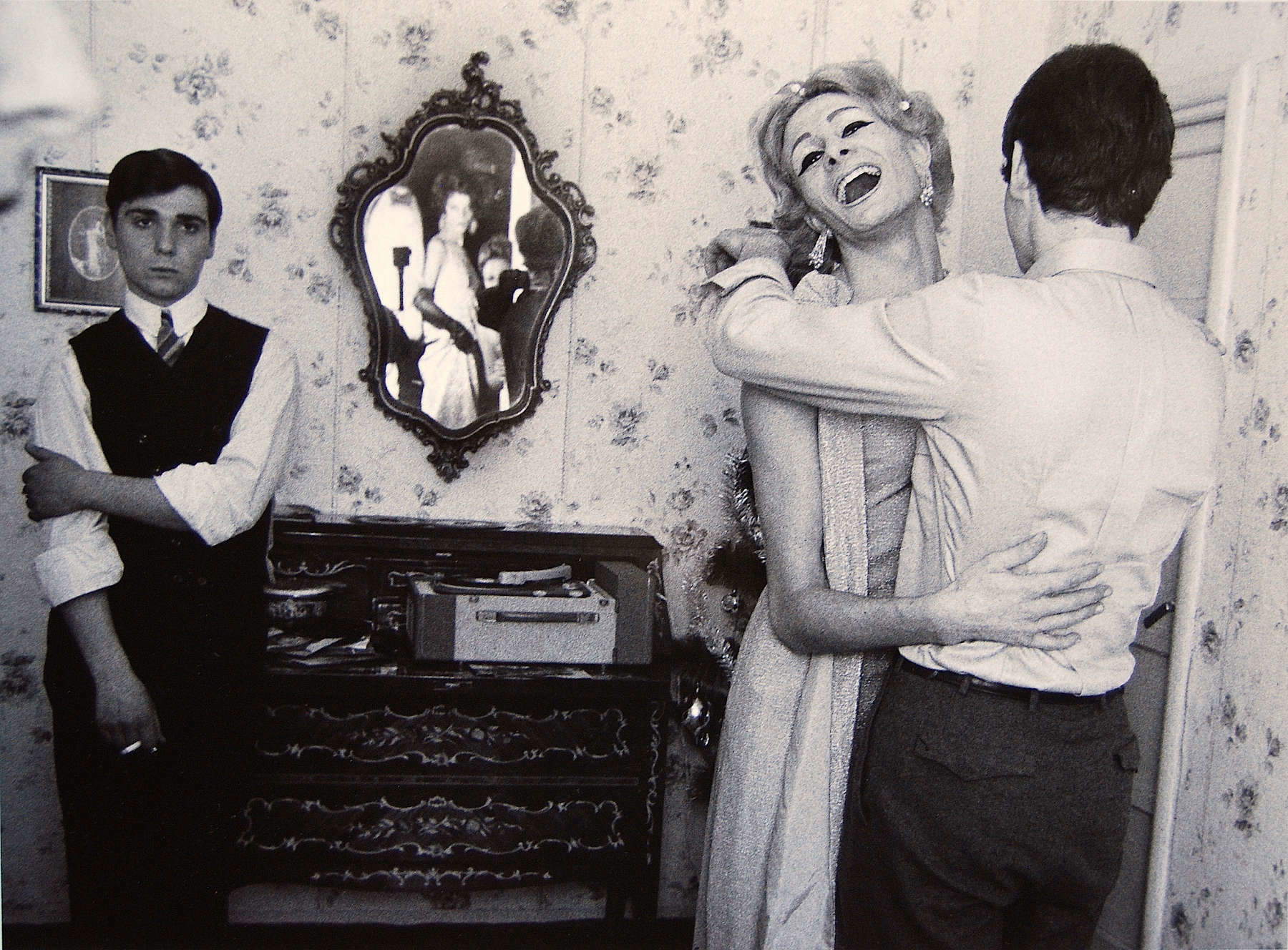
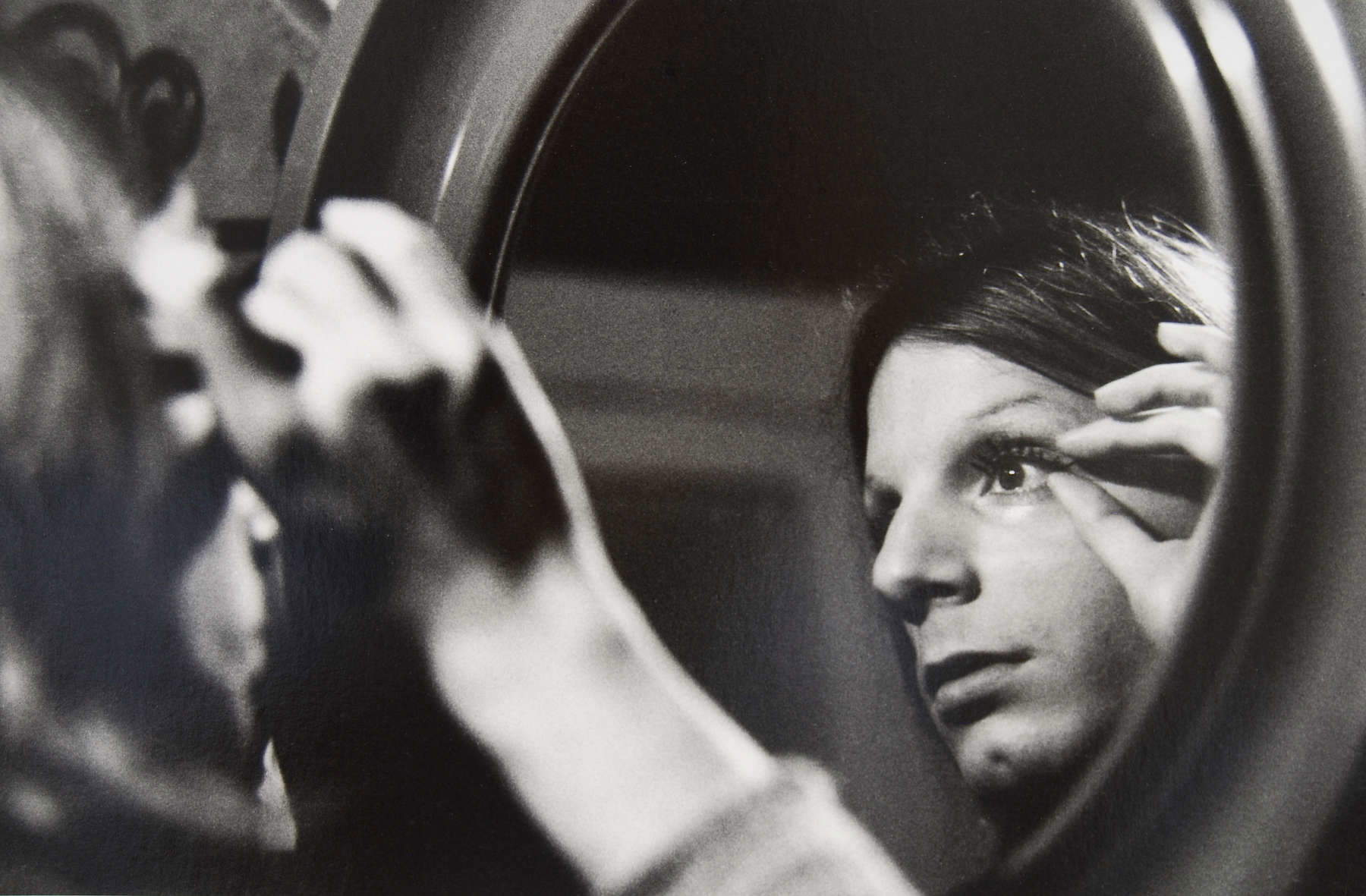
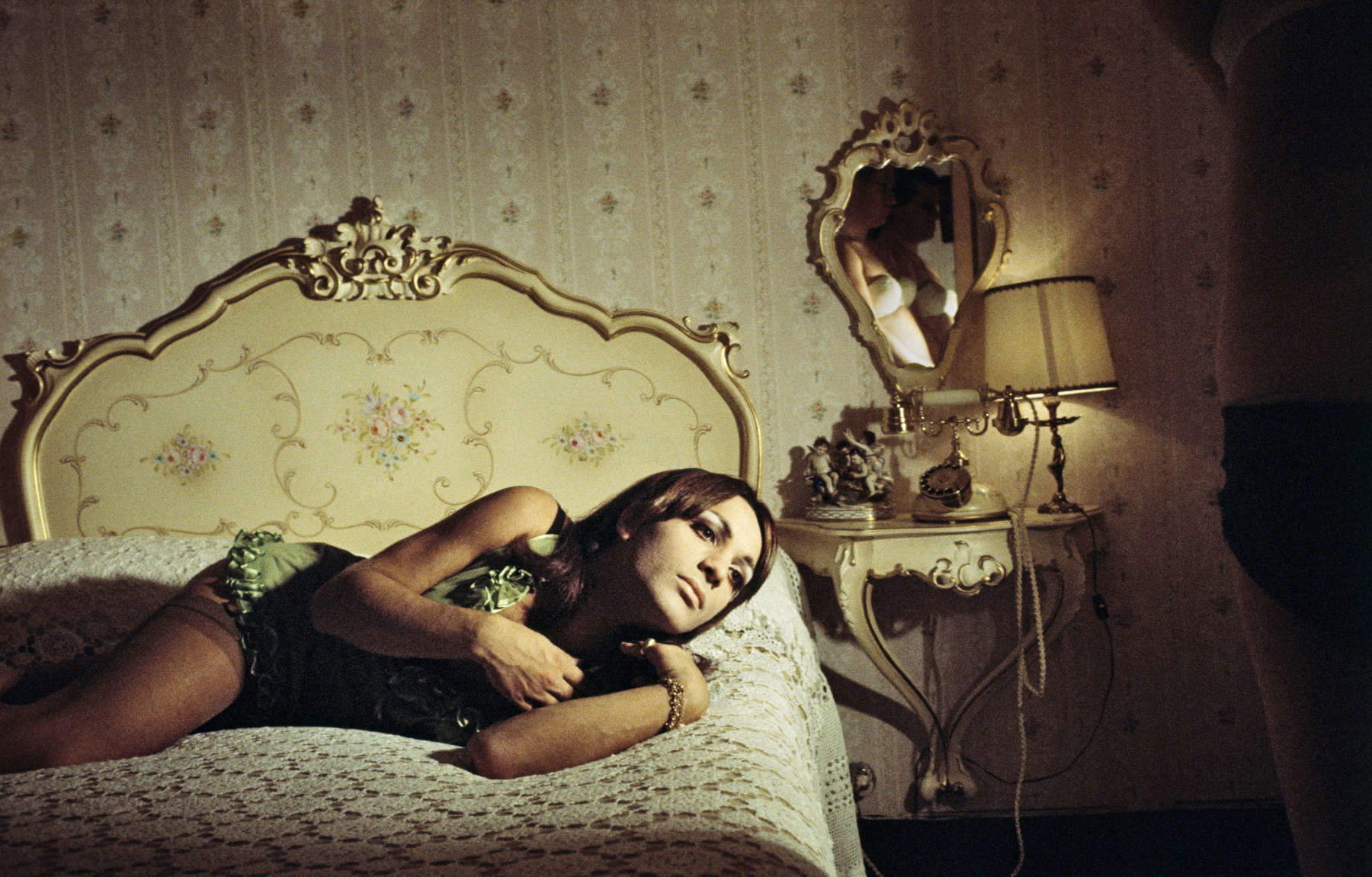

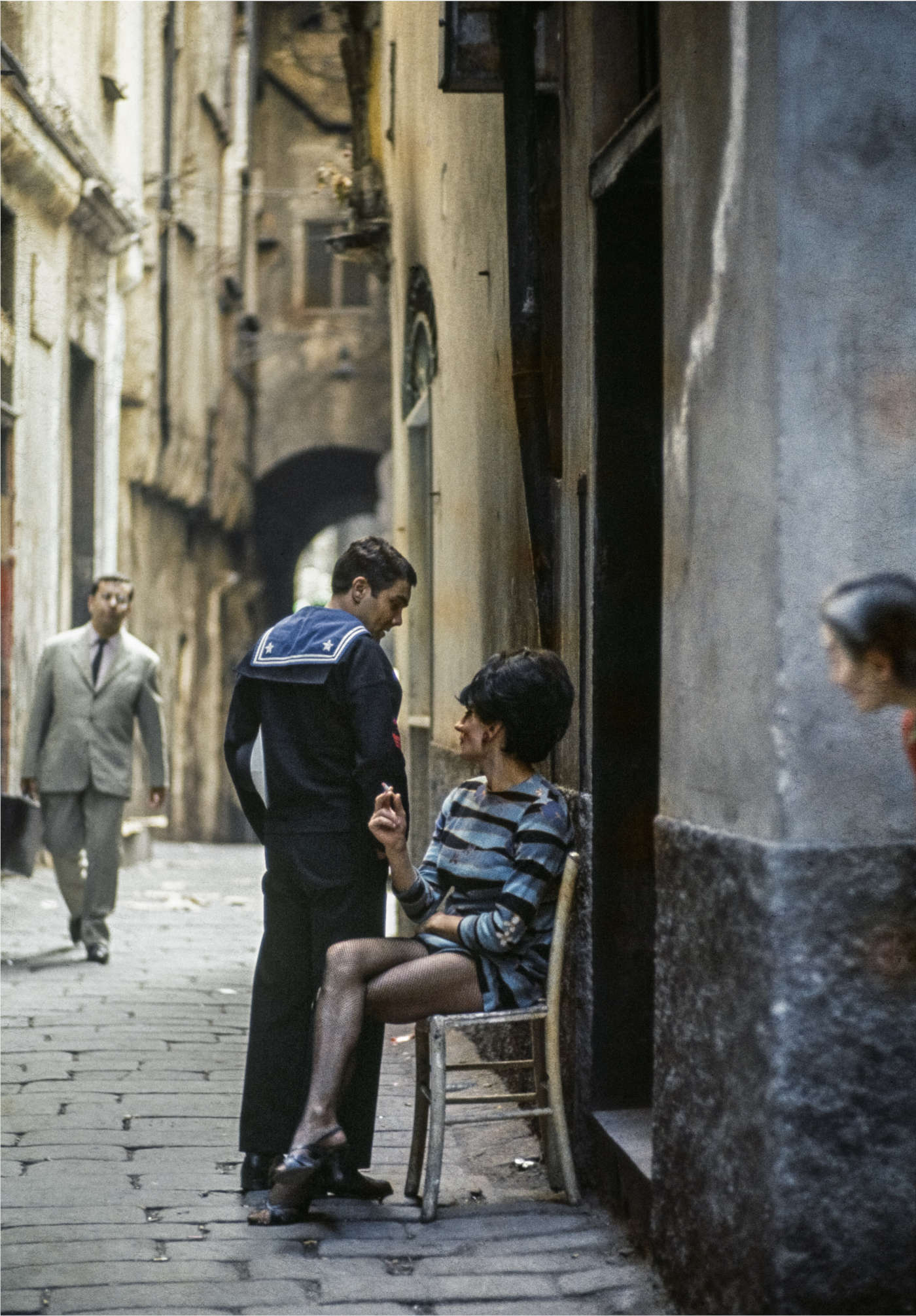
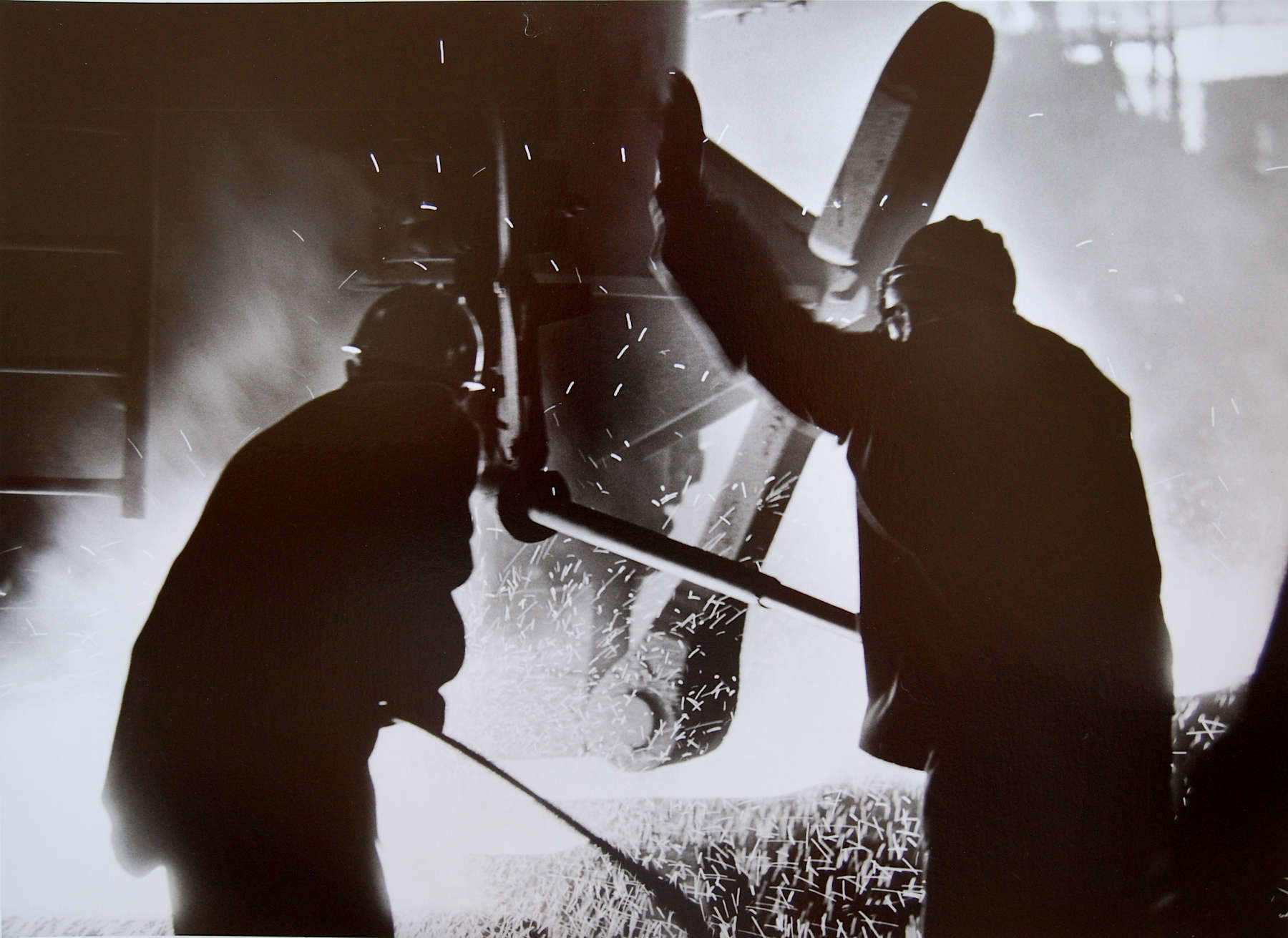
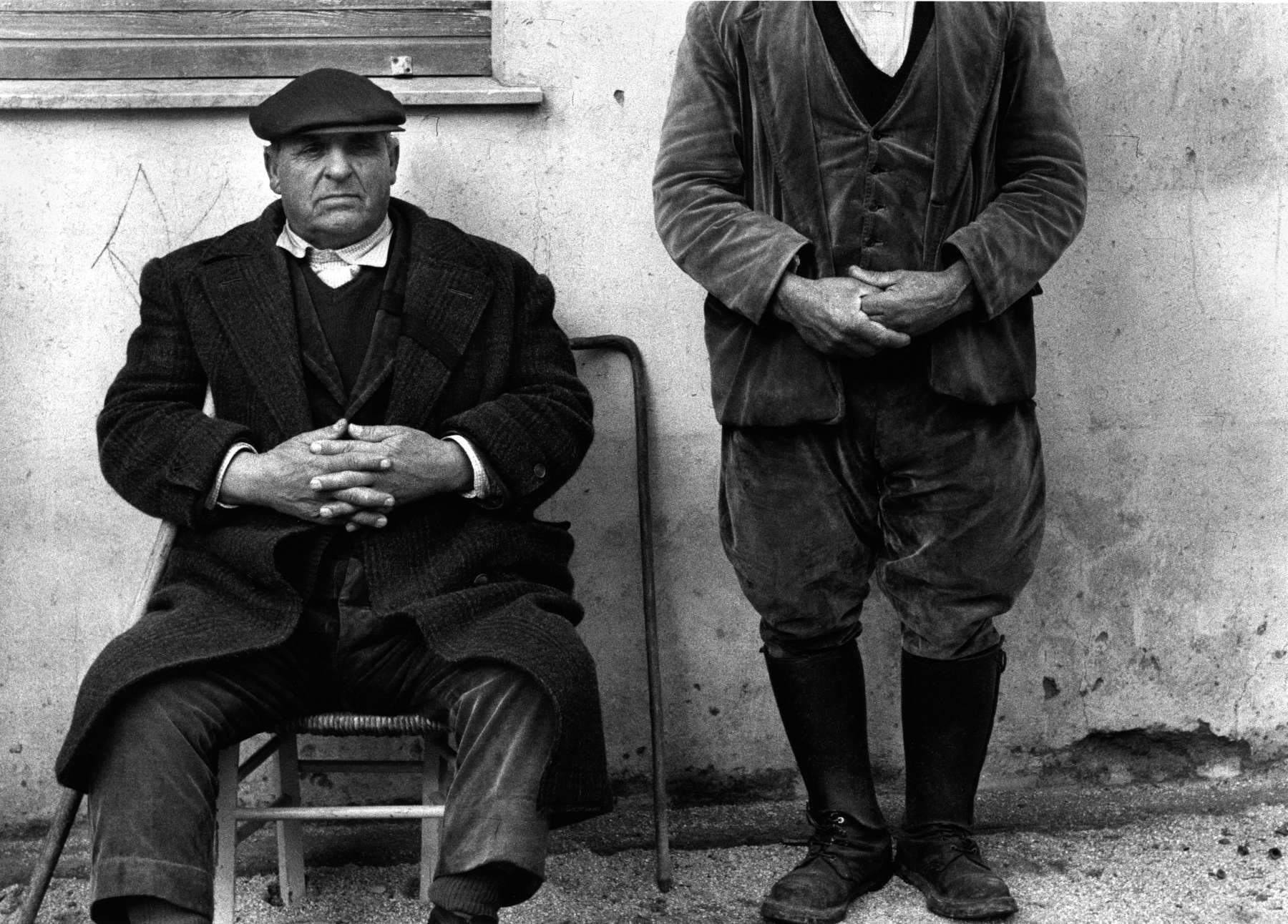
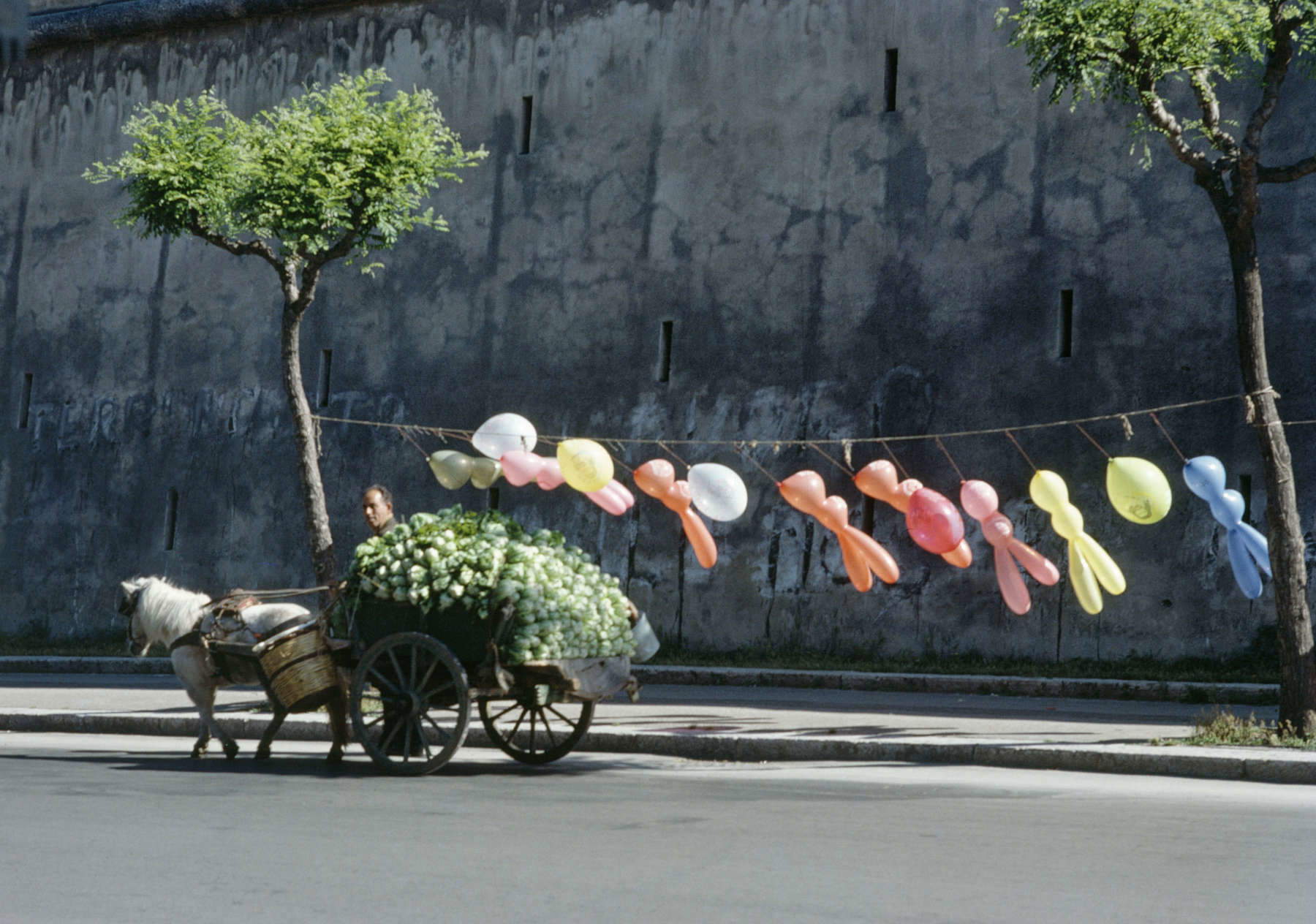
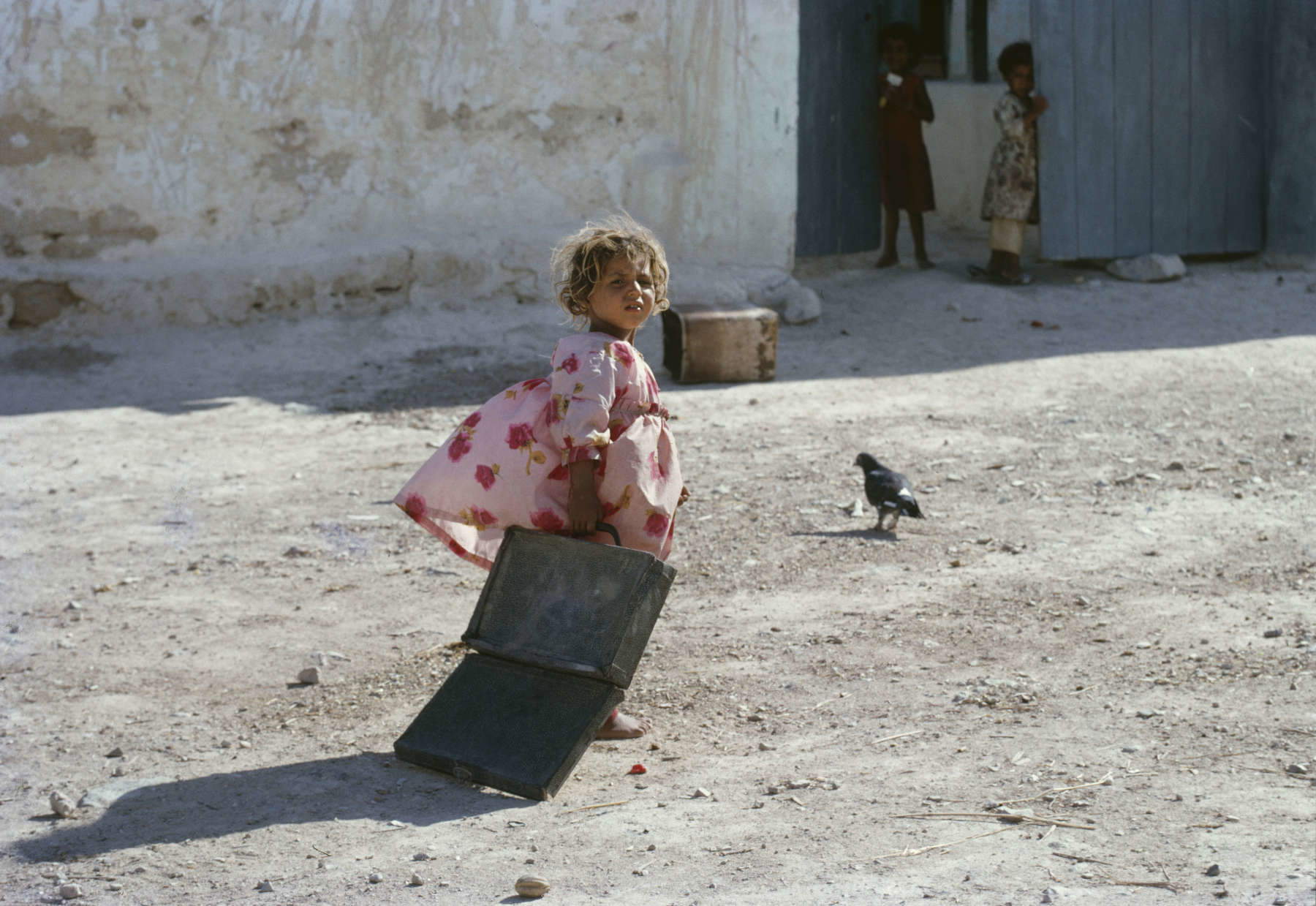
Lisetta Carmi was born in Genoa on February 15, 1924, into a middle-class Jewish family. The introduction of the racial laws in 1938 forced her to leave school and take refuge in Switzerland with her family members. After the world conflict ended in 1945, she returned to Italy, graduating from the Milan Conservatory. In the following years he performed in various concerts in Germany, Switzerland, Italy and Israel. However, in 1960 she decided to interrupt her musical career, approaching photography in an almost fortuitous way, which would soon become her new vocation. For three years she worked as a photographer at the Duse Theater in Genoa and collaborated with the City Council, producing reportages documenting various social problems, such as hospitals, the registry office, the historic center and the city’s sewers. In 1964 he completed a major photographic survey of the port of Genoa, which became a traveling exhibition. In parallel, from 1962 he continued a reportage on Sardinia, later concluded in the 1970s. His stay in Paris gives rise to the artist’s book Métropolitain, centered on a series of shots in the Paris metro. In 1965 she initiated the project for which she is most remembered, a work devoted to Genoese transvestites that would be published in book form in 1972. In 1969 she traveled to Latin America for three months, while the following year she visited Afghanistan and Nepal. In 1971 he purchased a trullo in Cisternino, Apulia. On March 12, 1976, in Jaipur, India, he meets Babaji Herakhan Baba, the Mahavatar of the Himalayas, an encounter that marks a turning point in his life. The same year he was in Sicily on behalf of Dalmine, making the images for the volume Acque di Sicilia, accompanied by a text by Leonardo Sciascia. Throughout his career, Carmi portrays many prominent artists and intellectuals, including Judith Malina, Joris Ivens, Charles Aznavour, Edoardo Sanguineti, Lucio Fontana, Carmelo Bene, Luigi Nono, Claudio Abbado, and Jacques Lacan. Famous are her shots of Ezra Pound, taken in 1966 at the poet’s home in Zoagli, Liguria. In the following years, Lisetta Carmi would dedicate herself passionately to building the Bhole Baba ashram in Cisternino, promoting the teachings of her master. In 1995, after thirty-five years, she found her former piano student Paolo Ferrari, with whom she began a collaboration related to philosophical-musical research. Lisetta Carmi passed away, or as she would have said, “left her earthly body,” on July 5, 2022 in Cisternino.
Hours
Tuesday through Sunday 10 a.m. - 7 p.m. | Monday closed
Tickets
€ 12.00 full
€ 10.00 reduced
 |
| Genoa pays tribute to Lisetta Carmi with a retrospective of unpublished photos |
Warning: the translation into English of the original Italian article was created using automatic tools. We undertake to review all articles, but we do not guarantee the total absence of inaccuracies in the translation due to the program. You can find the original by clicking on the ITA button. If you find any mistake,please contact us.